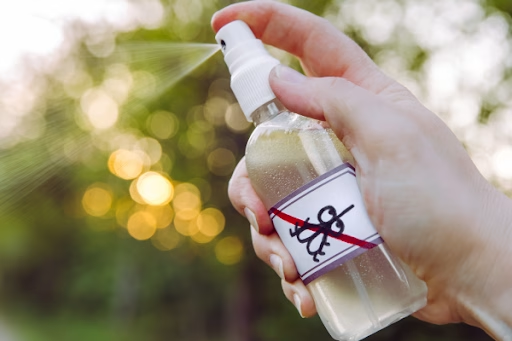Children of all ages are required to get an updated sport physical in order to participate in new physical activities for the upcoming year/season. These include school-sanctioned sports, recreational groups, and other types of athletic activities.
Parents need to take their child to the appropriate medical provider in order to get their child enrolled in the sports programs that help children grow physically and socially. However, many parents may not fully understand that sport physicals help your child maintain a healthy and safe school sports season.
A sports physical is a comprehensive review of your child’s overall health, medical needs, and current medical status/challenges. The information recorded during your child’s physical is used by educational and athletic personnel to protect your child during their activities.
Your child’s sport physical ensures that athletic staff are aware of any challenges or health issues that impact daily life
Coaches, trainers, and other athletic staff rely on the information provided by a sports physical to protect your child throughout a sports season.
The sports physical provides critical health information so your coaches know if your child has any immediate physical concerns, playtime limits, or injury risks. A coach and training staff can then help accommodate your child at practice and during game time to keep them involved while also safe.
In addition, athletic staff will never publicly disclose any personal health information about your child or any private concerns. By law, your child’s health information is protected by their school, athletic program, and other organizations.
A sports physical can help your child participate in certain activities even with asthma and allergy risks
If your child as asthma or allergy risks during any athletic events, then they may be able to still participate in sports they care about because of an updated school physical.
A sports physical takes note of any physical or respiratory risks that could harm your child’s health and safety during play. More likely than not, a provider may flag asthma and respiratory allergies as a key risks. But if coaches and school staff have this information on file, then they could still accommodate your child’s needs.
If your child’s asthma is mild they are still likely to play in certain school sports as long as their asthma action plan allows it. Coaches and trainers can likely have your child participate in carefully monitored settings before practices, games, and other events.


